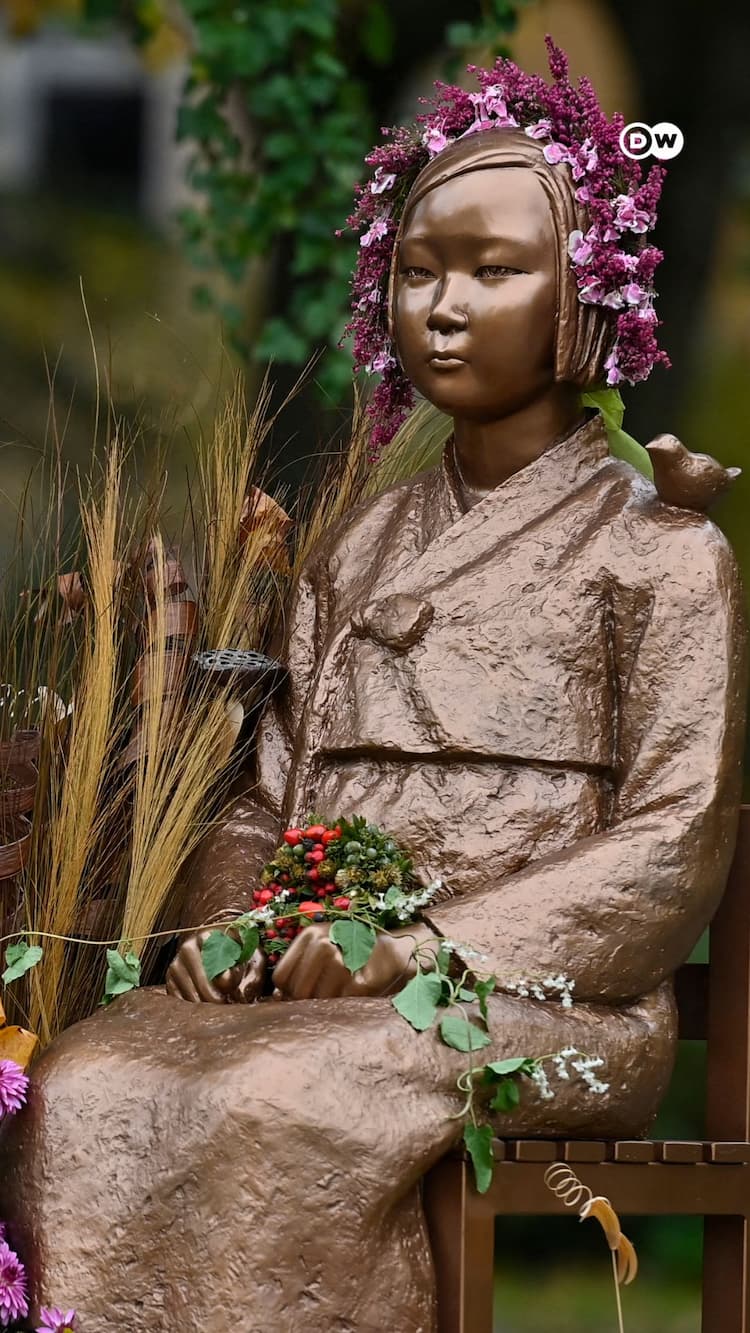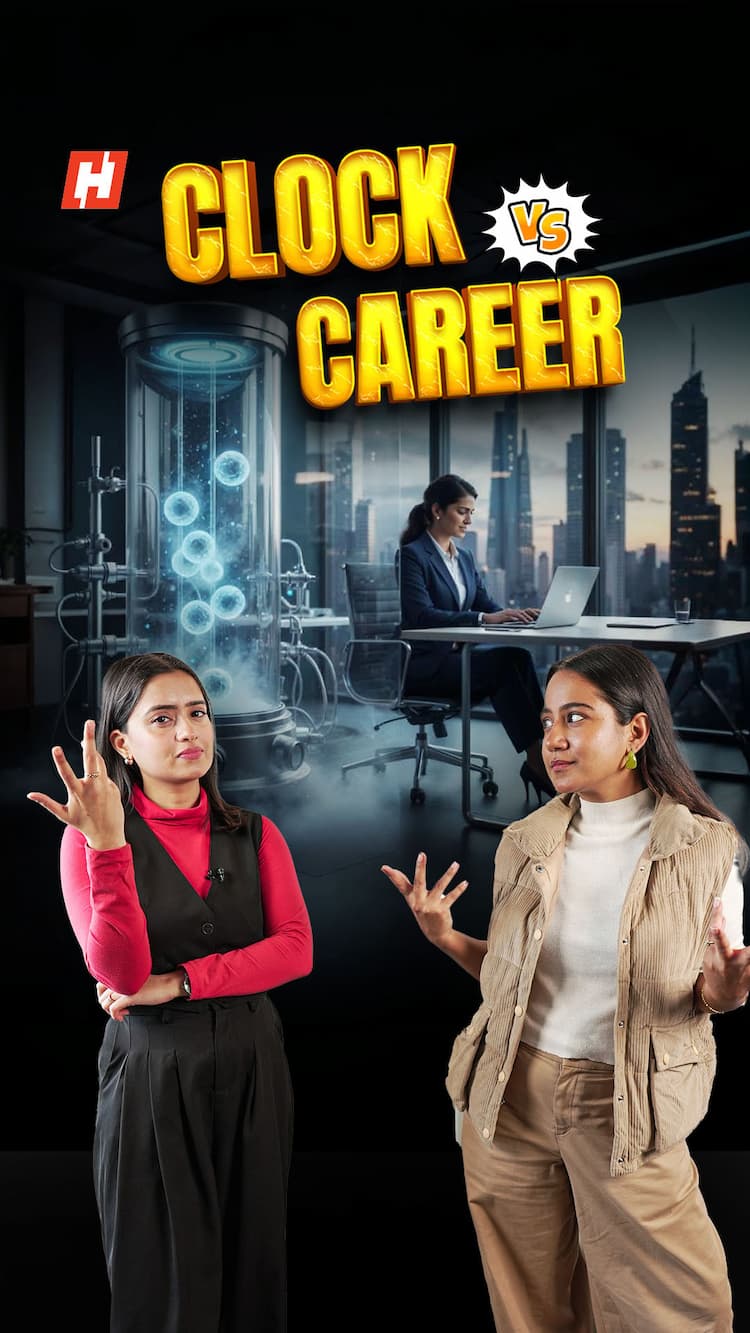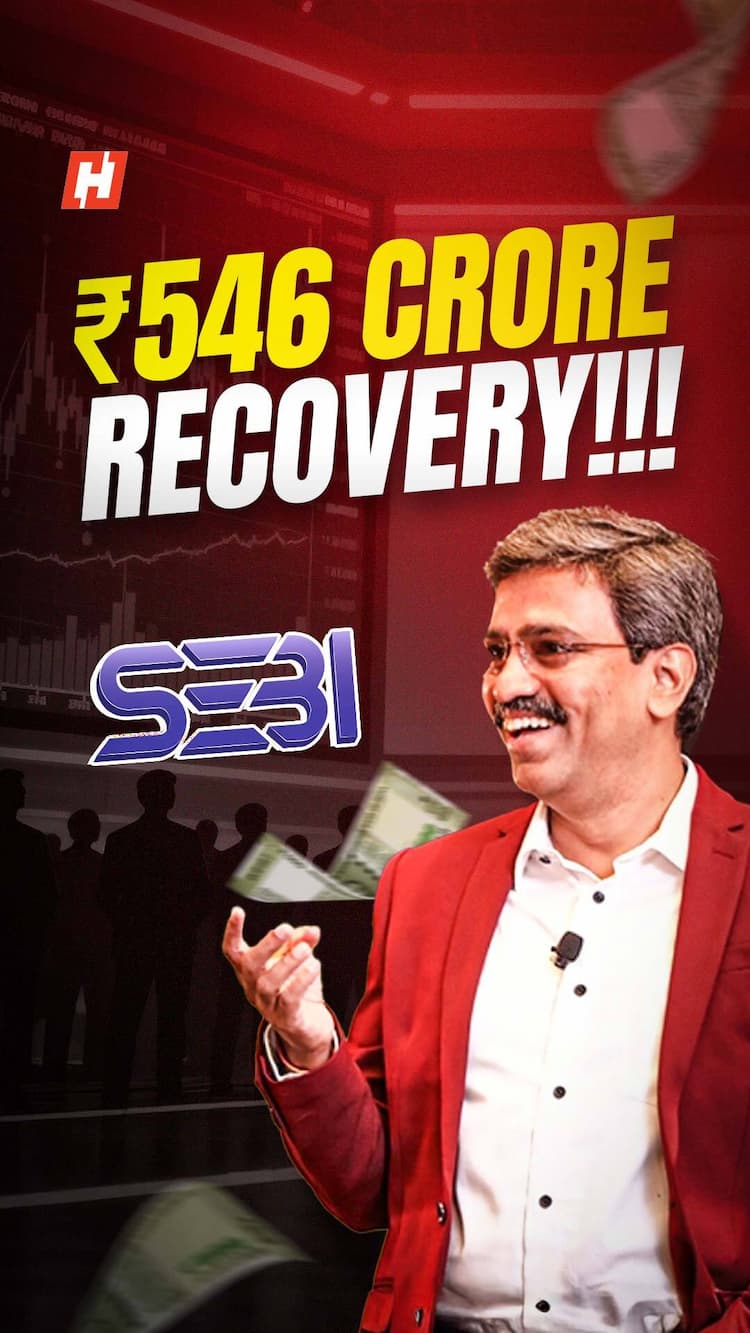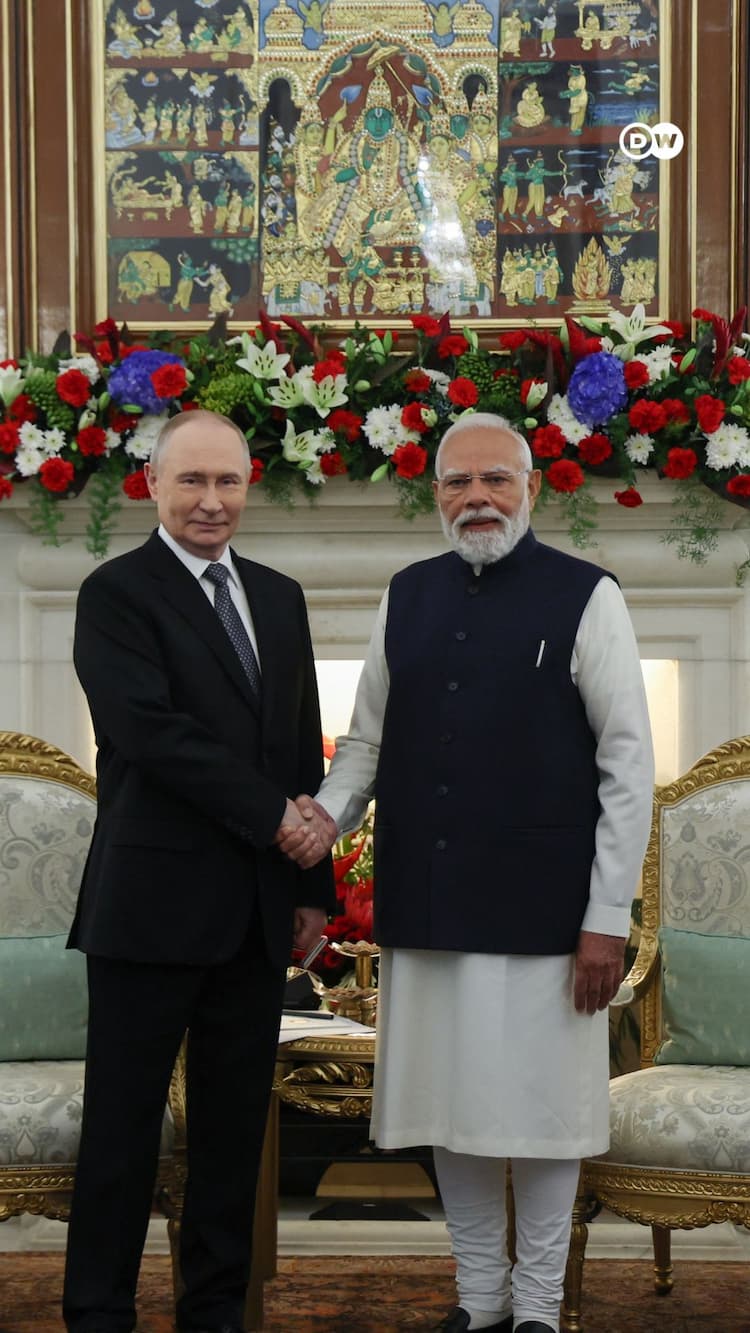Mallikarjun Kharge writes to PM on caste census, shares three suggestions
Congress president Mallikarjun Kharge has written to Prime Minister Narendra Modi, putting forth his party’s key demands regarding the caste census. This acome after the centre’s recent announcement that caste enumeration will be a part of the next national census.
Congress President’s three suggestions
In his letter dated May 5, the Congress president shared the three key demands his party has regarding the exercise. These include the demand regarding the design of the census questionnaire, removal of 50% reservation cap, and the implementation of the provisions of Article 15(5).
Design of the census questionnaire
Talking about the design of the census questionnaire, Kharge called it crucial. He wrote, “Caste information has to be collected not for counting purposes but for achieving larger socio-economic objectives. The recently-concluded Telangana caste survey was designed and implemented with such goals in mind. The Union Home Ministry must draw upon the Telangana model-both the methodology adopted for finalising the questionnaire as well the final set of questions asked.”
He also said that nothing from the information published finally should be concealed, and added, “complete socio-economic data of each caste should be made available to provide them their constitutionally enabled rights and the socio-economic progress can be measured from one census to another.”
The reservation cap removal
On the issue of 50% reservation cap, Kharge wrte, “Only the Tamil Nadu reservations law has been protected in the Ninth Schedule of our Constitution since August 1994. Laws of other states should also be included in the Ninth Schedule of our Constitution. Moreover, whatever the results of the caste census will be, it is abundantly clear that the arbitrarily imposed 50% ceiling on reservations for scheduled castes, scheduled tribes and OBCs must be removed by a Constitutional amendment.”
Article 15(5) provisions
The Congress president also talked about Article 15(5). He wrote, “Article 15(5) was introduced in the Constitution of India with effect from 20th January 2006. This was subsequently challenged in the Supreme Court Finally, it was upheld by the Supreme Court after prolonged deliberations on 29th January 2014 very shortly before the model code of conduct for the 2014 Lok Sabha elections went into effect.”
Kharge went on to add, “It (Article 15(5)) provides for reservations for scheduled castes, scheduled tribes and OBCs in private educational institutions as well. In its 364 Report on the Demand for Grants for the Department of Higher Education, submitted on 25th March 2025 the Parliamentary Standing Committee on Education, Women, Children, Youth, and Sports had also recommended a new legislation to implement Article 15(5).”









